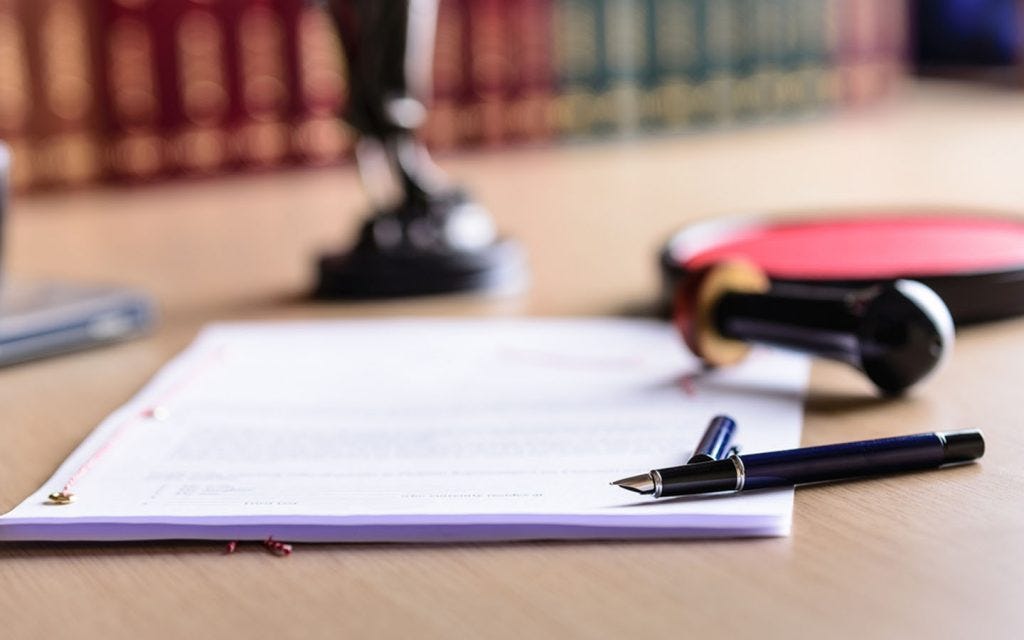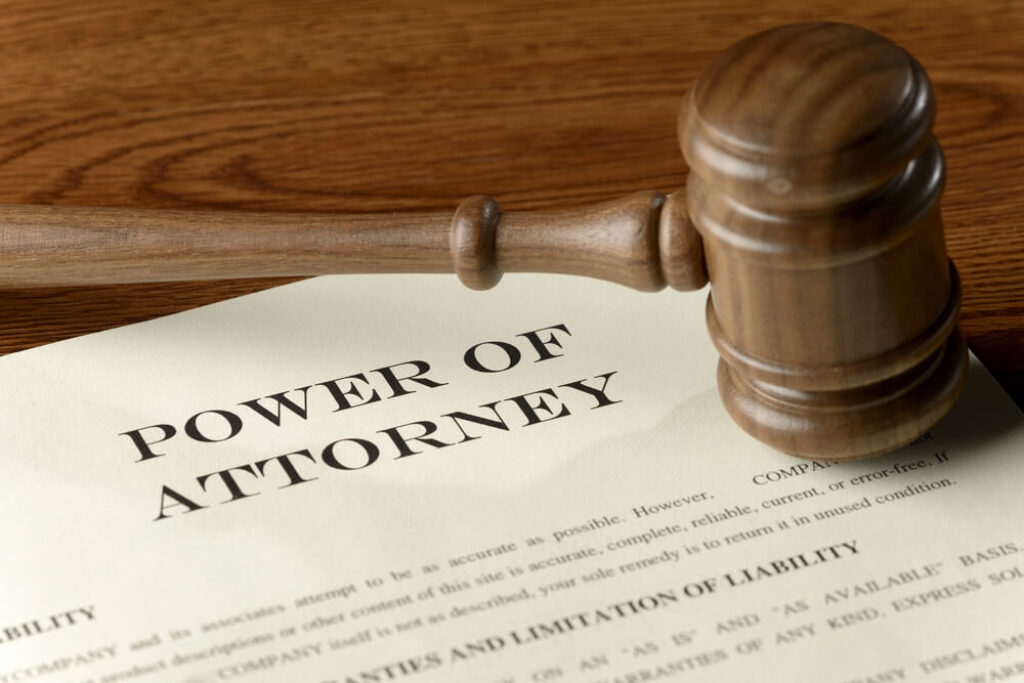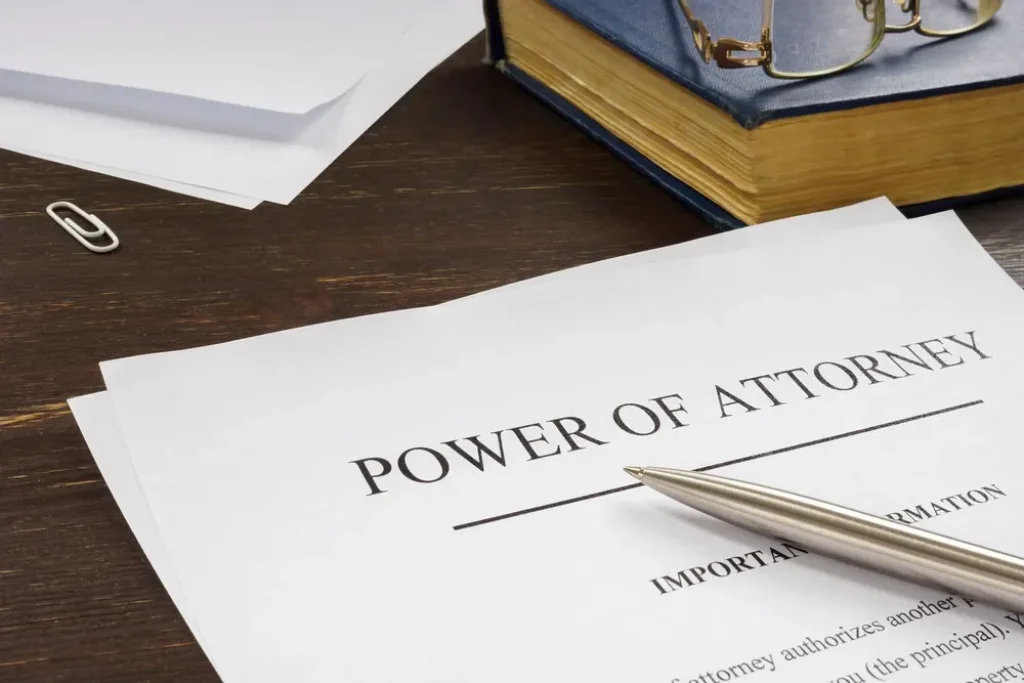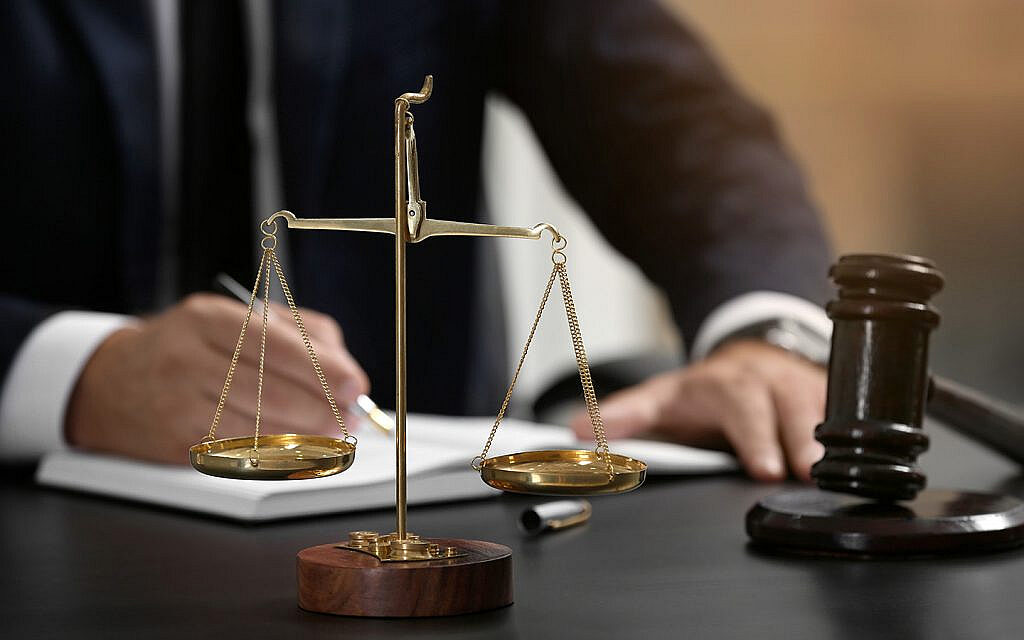
In the United Arab Emirates (UAE), the Power of Attorney (POA) holds significant importance in various legal and financial matters. Whether you’re a resident or an expatriate, understanding the nuances of a Power of Attorney can greatly benefit you in managing your affairs effectively.
In this comprehensive guide, we delve into the key aspects of a Power of Attorney in the UAE, its applications, and how it empowers individuals in legal and financial transactions.
Table of Contents
What Is a Power of Attorney?

Source: blog.ipleaders.in
Power of Attorney UAE is a legal document that grants authority to an individual or entity (known as the agent or attorney-in-fact) to act on behalf of another person (known as the principal). This authorization can encompass a wide range of activities, including financial transactions, property management, and legal decisions.
Types of Power of Attorney in the UAE
In the UAE, there are different types of Power of Attorney tailored to specific purposes:
General Power of Attorney
A General Power of Attorney grants broad authority to the agent, allowing them to handle a wide array of matters on behalf of the principal. This can include managing finances, conducting business transactions, and making legal decisions.
Special Power of Attorney
A Special Power of Attorney is more limited in scope, conferring authority for specific tasks or transactions only. For instance, it may authorize the agent to sell a particular property or represent the principal in a specific legal proceeding.
Importance of Power of Attorney in the UAE

Source: providentestate.com
The Power of Attorney plays a crucial role in facilitating various legal and financial transactions in the UAE. Here’s why it’s essential:
Convenience and Flexibility
By appointing an agent through a Power of Attorney, individuals can delegate responsibilities and authorize someone to act on their behalf, providing convenience, especially in situations where they cannot be physically present.
Estate Planning
In estate planning, a Power of Attorney allows individuals to designate someone they trust to manage their affairs if they become incapacitated or unable to make decisions. This ensures that their financial and legal matters are handled according to their wishes.
Business Transactions
For businesses operating in the UAE, a Power of Attorney enables smooth operations by authorizing representatives to enter into contracts, sign agreements, and make critical decisions on behalf of the company.
Legal Protection
Having a legally binding Power of Attorney in place offers protection to both the principal and the agent involved in the transaction. It outlines the scope of authority granted to the agent, minimizing the risk of disputes or misunderstandings.
How to Obtain a Power of Attorney in the UAE

Source: dubizzle.com
To create a Power of Attorney in the UAE, certain steps must be followed:
- Choose the Type: Determine whether you need a General or Special Power of Attorney based on your requirements.
- Draft the Document: The Power of Attorney document must be drafted in accordance with UAE laws and regulations, specifying the powers granted to the agent.
- Notarization: The document must be notarized by a Notary Public or at the Dubai Courts Notary Public.
- Translation: If the document is not in Arabic, it must be translated into Arabic by a certified translator.
- Registration: Some types of Power of Attorney may require registration with the relevant authorities, depending on the nature of the transactions involved.
Conclusion
In conclusion, the Power of Attorney is a powerful legal instrument that empowers individuals to manage their affairs effectively in the UAE. Whether for personal, business, or estate planning purposes, having a well-executed Power of Attorney can provide peace of mind and ensure that your interests are protected.
By understanding its significance and following the necessary procedures, you can harness the full potential of the Power of Attorney to navigate legal and financial matters with confidence in the UAE.







